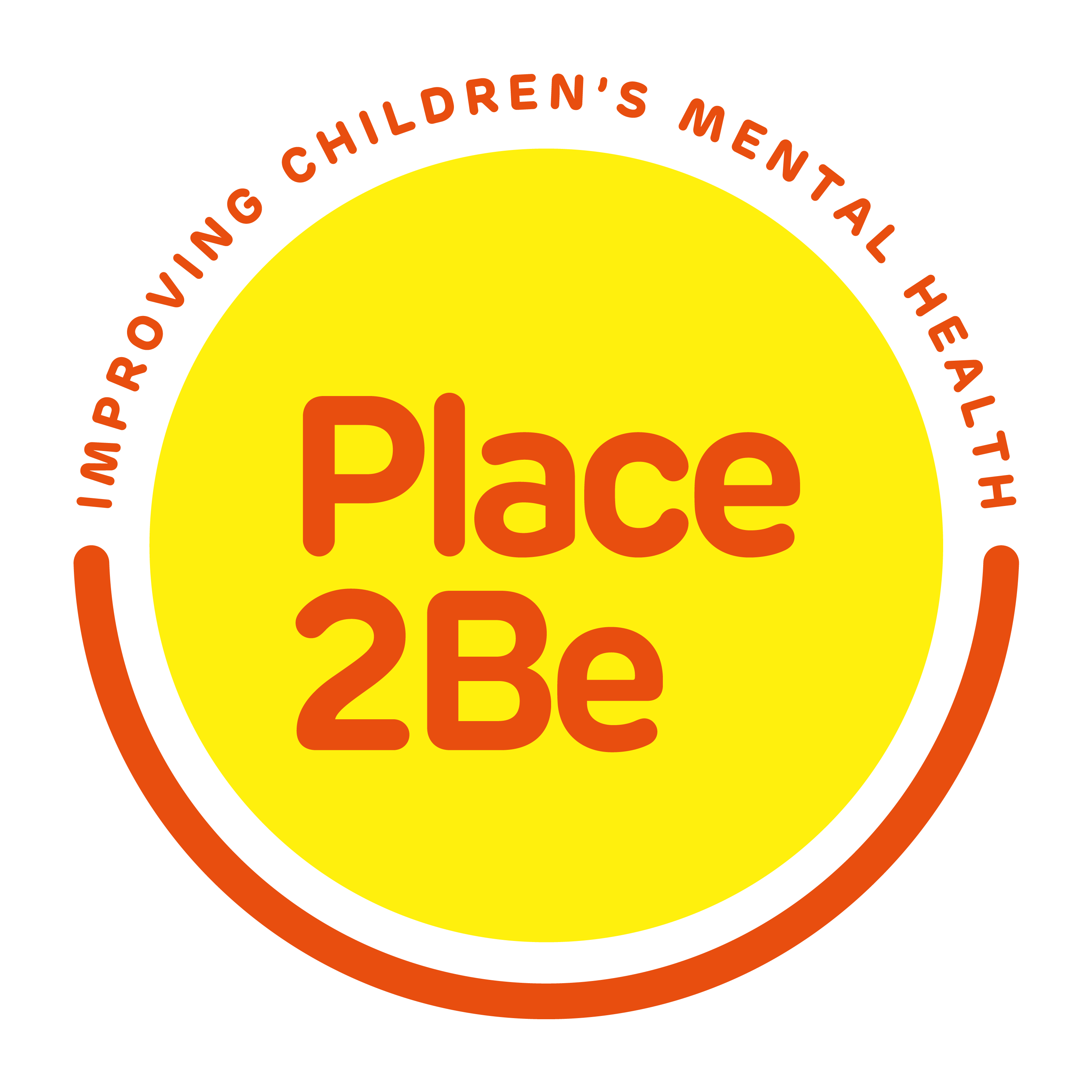PBE report
The £51 billion case for improving children’s mental health
We know that mental health support from a young age can change a child’s life and bring long term economic benefits to them and the rest of society. PBE's report shows the benefit that early intervention has on children, young people and wider society.
This report by PBE is with support from Place2Be and City Bridge Foundation.
What does PBE do?
PBE uses economics to empower the social sector and to increase wellbeing across the UK. Analysts, researchers and economists at PBE work with charities, funders, firms and policy makers to improve and tackle a wide range of issues, including mental health and wellbeing. Their services help organisations to measure and understand their impact on society as a whole.
Key findings from the 2025 report
PBE have published a report highlighting that getting mental health support early can change a child's life. It not only gives young people the best chance to succeed socially and emotionally, but also brings long term economic benefits for their future.
Below are some key findings from the report:
- Reversing a decade of decline in children’s mental health is worth £51 billion, including reductions in SEN support demand worth £606 million, and £17 million in the cost of school exclusions, according to PBE economists.
- Reversing the past decade’s decline in mental health could:
- boost GCSE attainment by up to 1.6 grades per child
- reduce the likelihood of school exclusion by up to 0.4 percentage points
- reduce the need for Special Educational Needs (SEN) support by up to 1.1 percentage points
- In economic terms, this equates to a £51 billion lifetime benefit across the current school-aged population – an average of £5,300 per child – through higher earnings (£50bn), lower exclusion costs (worth £17m) and redistributed SEN support (worth £606m).
‘The happy childhood dividend’ report reveals the extent of decline in children’s mental health over the past decade and presents new economic analysis that shows just how costly inaction has become – for families, schools, and the public purse.
These findings show that acting earlier – particularly in schools – isn’t just morally right, it’s economically smart.
The report sets out what a shift from treatment to prevention means for mental health support in schools.

Learn more about PBE
PBE work with charities, using economics and analytics to tackle low wellbeing. They measure the economical impact charities have on society and show the benefits of policy change.
Find out more about PBE




